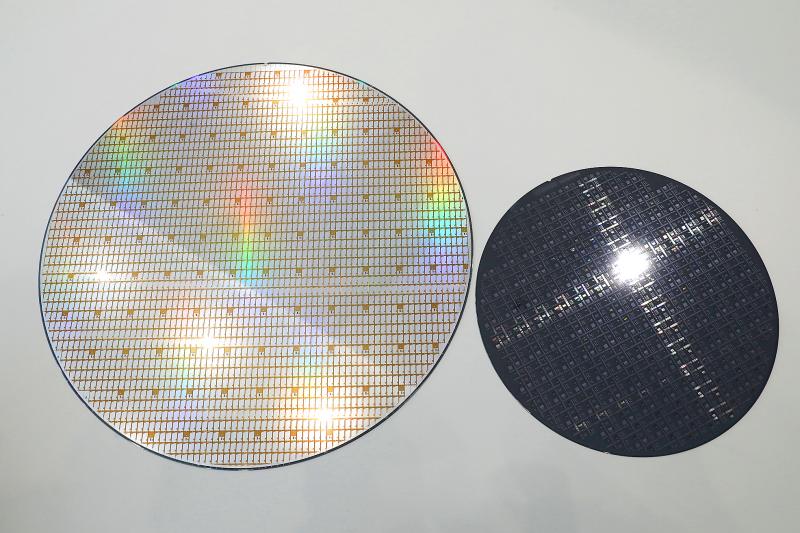The European Union’s executive arm has granted approval for semiconductor research projects totaling €8 billion ($8.6 billion) in public funds as part of an initiative to enhance the bloc's domestic chip-supply chain. The projects are supported by an additional €13.7 billion of private financing, amounting to around €22 billion, backed by a total of 56 businesses in 19 countries and Norway.

The European Commission disclosed that 68 Important Projects of Common European Interest (IPCEI) have been sanctioned. “By mastering the most advanced semiconductors, EU will become an industrial powerhouse in markets of the future", noted Internal Market Commissioner Thierry Breton. The EU's Chips Act, unveiled in early 2022, is part of a broader target to generate 20% of the world's semiconductors by 2030. The IPCEI schemes feature in the plan and have opened opportunities for governments to offer financing for production facilities.
Companies including Intel Corp, Infineon Technologies AG, STMicroelectronics NV, GlobalFoundries Inc, and Wolfspeed Inc have all proposed new investments, while Taiwan Semiconductor Manufacturing Co. is considering a production site building proposal in Germany.
Nonetheless, some businesses have criticised the project's approval time frame. Meanwhile, German Economy Minister Robert Habeck has welcomed this decision, praising the country's 31 projects across 11 regions, but also emphasising the importance of increasing the resilience of Europe in this field and securing jobs and value creation.







